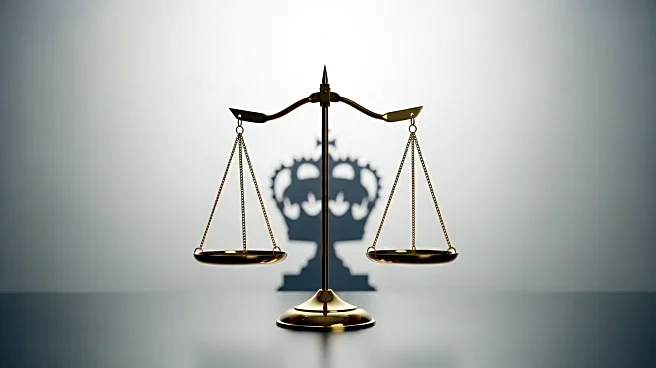What is the story about?
What's Happening?
Norway's Labor Party, led by Prime Minister Jonas Gahr Støre, has claimed victory in the general election, securing a narrow win over right-wing parties. The election campaign was heavily focused on the future of Norway's wealth tax, a longstanding policy since 1892. The Labor Party supports maintaining the tax, which imposes a levy on assets and shares above a certain threshold. The Conservative Party and the Progress Party, which performed well in the election, advocate for reducing or scrapping the tax. The election results will lead to coalition negotiations and cabinet appointments.
Why It's Important?
The election outcome in Norway is significant for the country's economic policy, particularly regarding the wealth tax. The Labor Party's victory suggests continued support for redistributive policies, which aim to maintain Norway's status as one of the world's most egalitarian countries. The debate over the wealth tax reflects broader discussions on economic inequality and fiscal policy, with implications for businesses and wealthy individuals. The election results may influence Norway's approach to taxation and social welfare, impacting its economic landscape and international relations.
What's Next?
Following the election, Norway will enter a period of coalition negotiations to form a government. The Labor Party will need to collaborate with other center-left parties to secure a majority and implement its policy agenda. The future of the wealth tax will be a key issue in these discussions, with potential adjustments depending on the coalition's composition. The new government will also address other policy areas, including immigration and foreign relations, as Norway continues to navigate its role in Europe and the global economy.
















